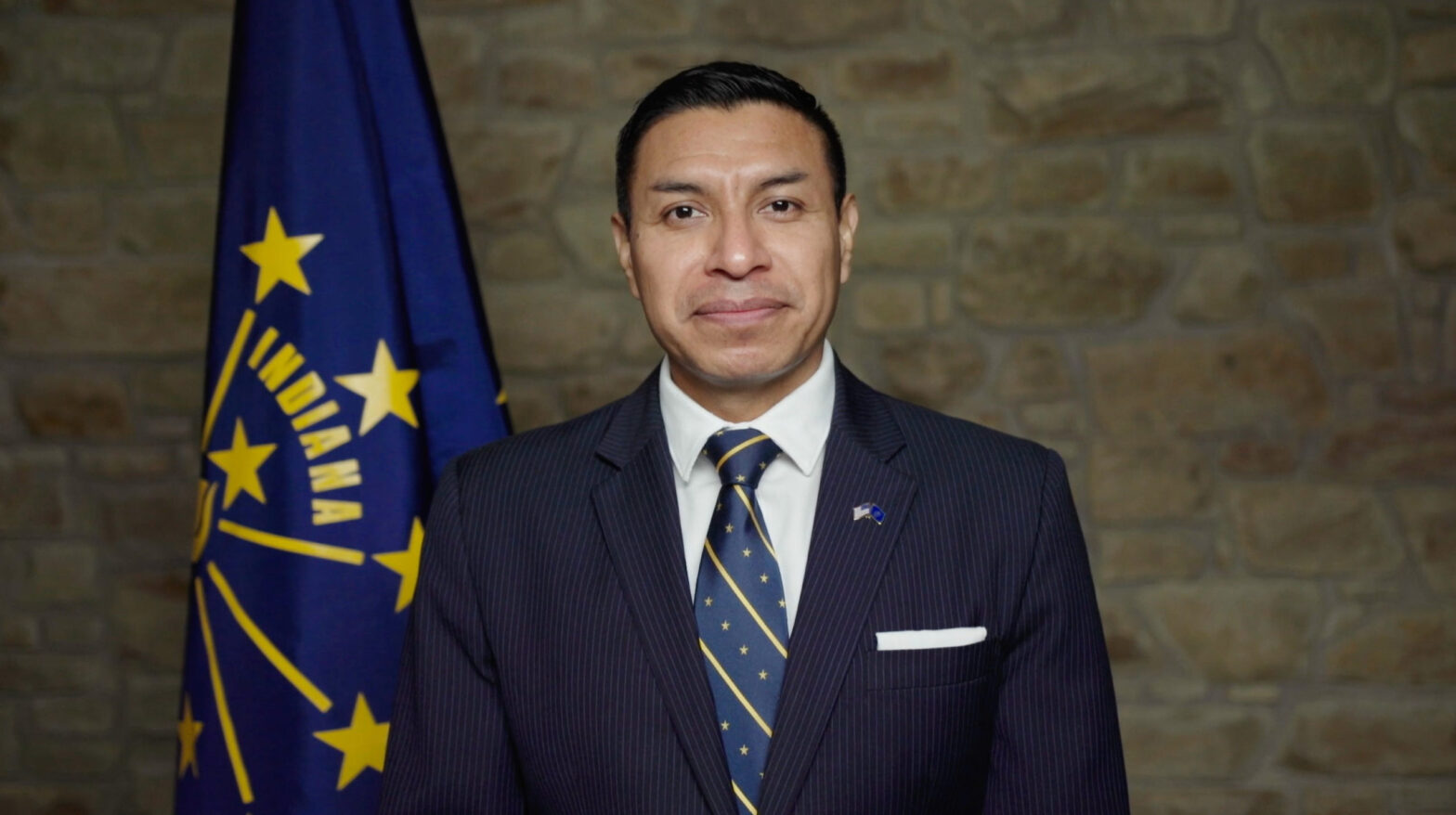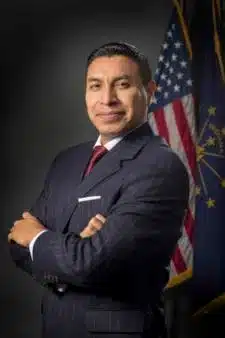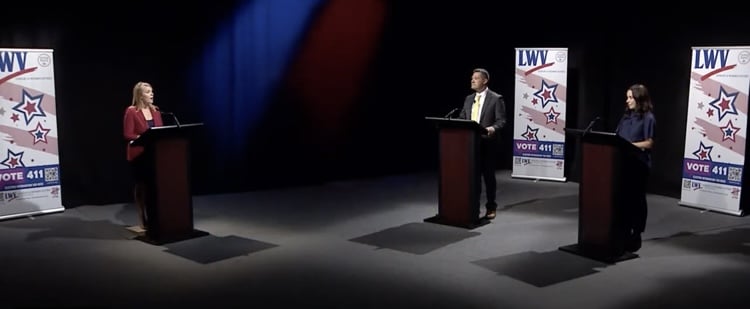Republican Diego Morales delivered a loud wake-up call for Hoosier Democrats in the 2022 election.
Morales, the GOP candidate for Indiana secretary of state, trounced his Democratic opponent, Destiny Wells, by a double-digit margin.
There have been other Hoosier candidates who have inflated or even lied about their military or work records. There also have been hopefuls for public office who have been credibly accused of sexual assault. There even have been politicians who have violated the voting laws.
But Morales, to my knowledge, is the only one to pull off the trifecta.
He’s the only one to have done all three.
That should have made him damaged goods—a candidate who was easy to beat, but it didn’t do It’s true that he ran behind other Republicans on the statewide ballot, but he still sailed to an easy victory.
Nor did he face a weak opponent.
Wells may be the most naturally talented political candidate Democrats have fielded in a decade. Her qualifications—a sterling record of military and public service—are impeccable. In addition, she is a bright, energetic woman with a captivating speaking style, a campaigner who knows how to work both a room and a crowd.
In most other states, Wells would be a rising star, someone with a bright future who might even aspire to having national influence.
Here in Indiana, she was the Democrats’ sacrificial lamb.
When a candidate as capable as Wells gets thumped by one as weak as Morales, there’s something going on.
That something doesn’t reflect well on Hoosier Democrats.
They blame Republican gerrymandering for many of their political problems. There is truth to the complaint.
That chokes off the pipeline of leaders, which is one reason the Indiana Democratic bench is so thin.
(It also breeds incredible arrogance on the part of the party in power, which encourages that party to nominate someone as unqualified as Morales and still feel secure that the voters won’t react with fury to the insult. One reason we need a strong two-party system is that having a healthy opposition keeps the entrenched party both honest and humble.)
But gerrymandering all by itself doesn’t explain the ongoing, slow-motion trainwreck that is the Indiana Democratic Party. Much of what afflicts Hoosier Democrats doesn’t spring from wrongs done them but decisions and courses of action they chose for themselves.
Some years ago, a seasoned Democratic Party communications pro told me he lamented the fact that Democrats representing rural districts in the Indiana General Assembly had become a dying breed. His party, he said, was becoming an exclusively urban one—and that bred an insularity that would be devastating for Hoosier Democrats for decades to come. It would be tougher and tougher, he predicted, for Indiana Democrats to connect with people who didn’t already agree with them.
He had a point.
While it’s true that nearly two-thirds of Hoosiers—roughly 62%—now live in urban areas, most of us are only a generation or two removed from the farm or the small town. The ties to that life and that legacy still pull at us.
Indiana Democrats struggle to reach across that divide.
As of this writing, with a little more than 90% of the vote counted, Wells ran up majorities in only five counties. All five of them are home to cities or college towns.
Everywhere else, Morales claimed the day.
A large part of leadership in a self-governing society involves figuring out ways to meet the people where they are—and then persuade them to go where wisdom and good sense dictate. To do that, a successful political party must do more than preach to the choir.
Democrats across the nation had an historic night on Election Day, defying both expectations and strong political headwinds.
Here in Indiana, that wasn’t the case.
That should set off alarms for Hoosier Democrats.
Loud ones.







